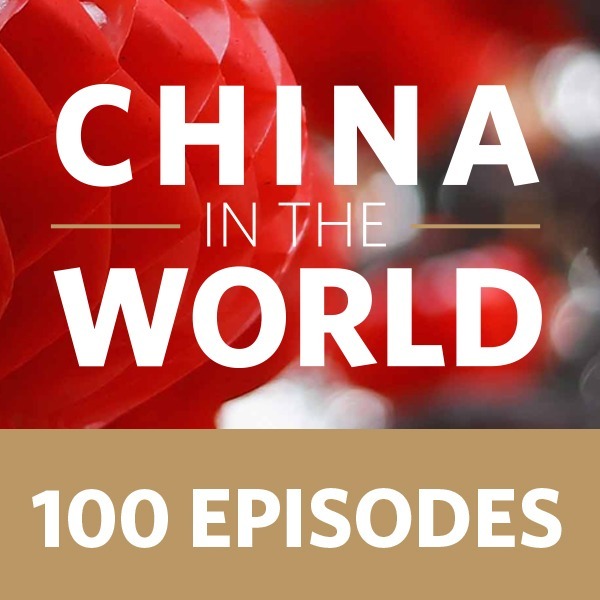
The U.S.-China relationship is bad, and it’s getting worse. In part two of this two-part podcast, Paul Haenle sat down with Da Wei, assistant president and professor at the University of International Relations in Beijing, to discuss evolutions in China’s politics, economics, and foreign policy affecting the U.S.-China relationship.
Da Wei argued that shifting domestic politics in China and the United States are negatively impacting bilateral ties. In Washington, there is no longer widespread support for engagement with China. In Beijing, debates over the role of the state in the economy, driven by a fear of falling into the middle-income trap, are limiting progress in implementing economic reforms. In the international sphere, China has abandoned its policy of “hide and bide” and is pursuing a more active foreign policy representative of it growing strength. The confluence of the above factors is exacerbating tensions between Beijing and Washington, as well as between China and other countries in the Asia-Pacific. No matter who wins the next U.S. election, Da Wei argued, China’s focus will be on creating a more stable and predictable relationship. Specifically, this will require Beijing and Washington to focus on defining clear areas of competition and cooperation.